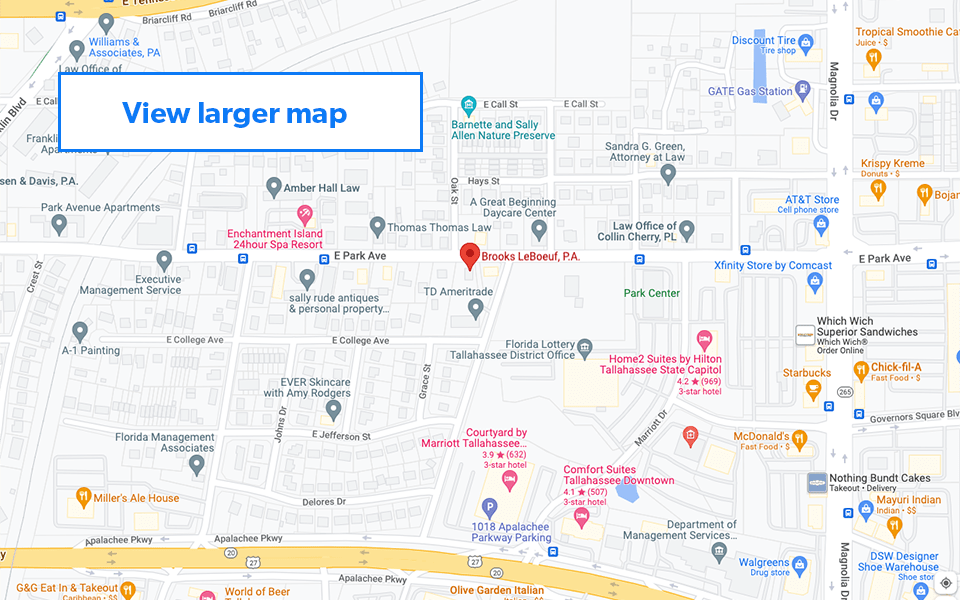Did you know heart disease and cancer have several things in common? They are both massive health concerns, they share some of the same risk factors, and February is dedicated to raising awareness about them.
Every February is designated American Heart Month and Cancer Prevention Month. It is an opportunity for healthcare professionals, advocacy organizations, the legal community, and millions of impacted individuals and families to educate the public and show support for survivors and those who may be suffering. Heart disease is the leading cause of death for men and women in the United States, causing an incredible one-in-four deaths every year. When it comes to cancer, more than one-in-four people will develop the disease at some point in their lives. In 2018 alone, an estimated 1,735,350 new cases of cancer were diagnosed. Unfortunately, more than 609,000 died.
Heart disease and cancer can take years, or even decades to develop, yet many people believe that a positive diagnosis depends on genes, fate or bad luck. Scientific research, however, shows us that risk depends on a combination of genetics, lifestyle, and environment. In other words, things that can and cannot be controlled. While there is no changing genetics or family history, everyone can focus on areas that can be controlled and that means taking important prevention measures, such as:
- Watching your weight
- Not smoking and staying away from secondhand smoke
- Controlling cholesterol and blood pressure
- Abstaining from alcohol or only drinking in moderation
- Exercising and eating healthy
Other helpful tips relating to heart disease may include: limiting consumption of “fast foods” and other processed foods; building your diet around plant foods, like vegetables, fruits, whole grains and beans; limiting sodium, saturated fats and trans-fat intake; and managing stress.
Research provides us with additional tips for reducing cancer risk factors including limiting exposure to ultraviolet (UV) radiation from the sun and tanning sun beds, avoiding sugar-sweetened drinks, consuming more water, and taking appropriate health measures to avoid infections. Many people do not realize that infections can be associated with cancer, but almost a fifth of cancers worldwide are caused by viral, bacterial or parasitic infections.
We know this blog may raise more questions than it answers. There is never a wrong time to seek the support you need from both healthcare and legal professionals. If you need help in our local community with a legal issue, we encourage you not to wait to contact us to schedule a meeting with a member of our experienced local legal team.


